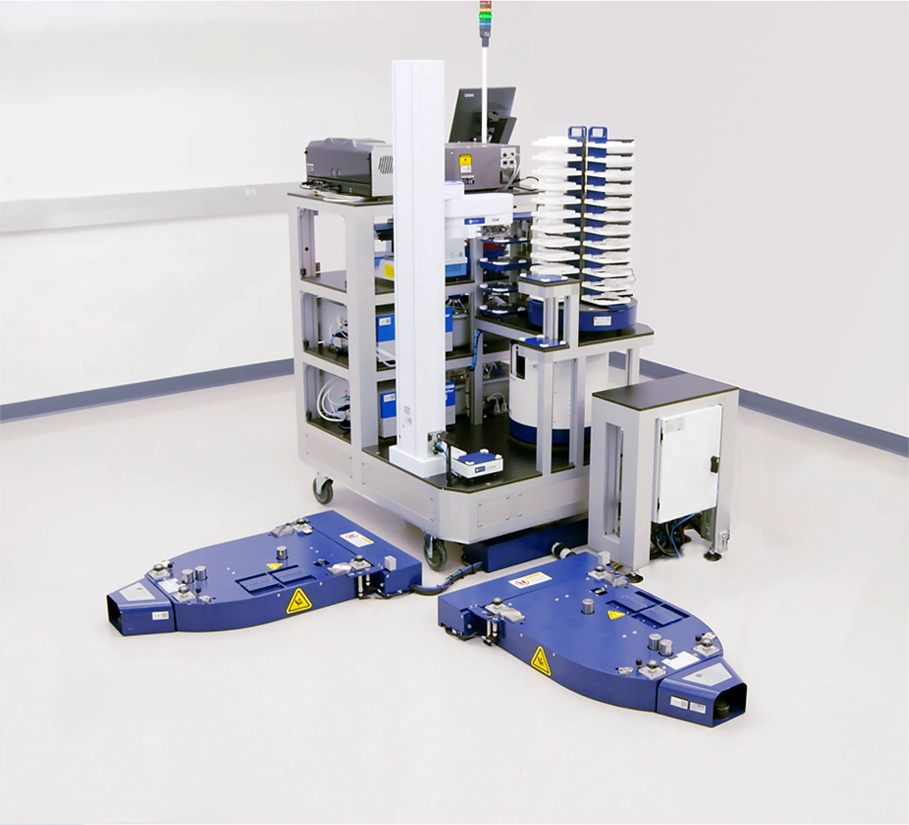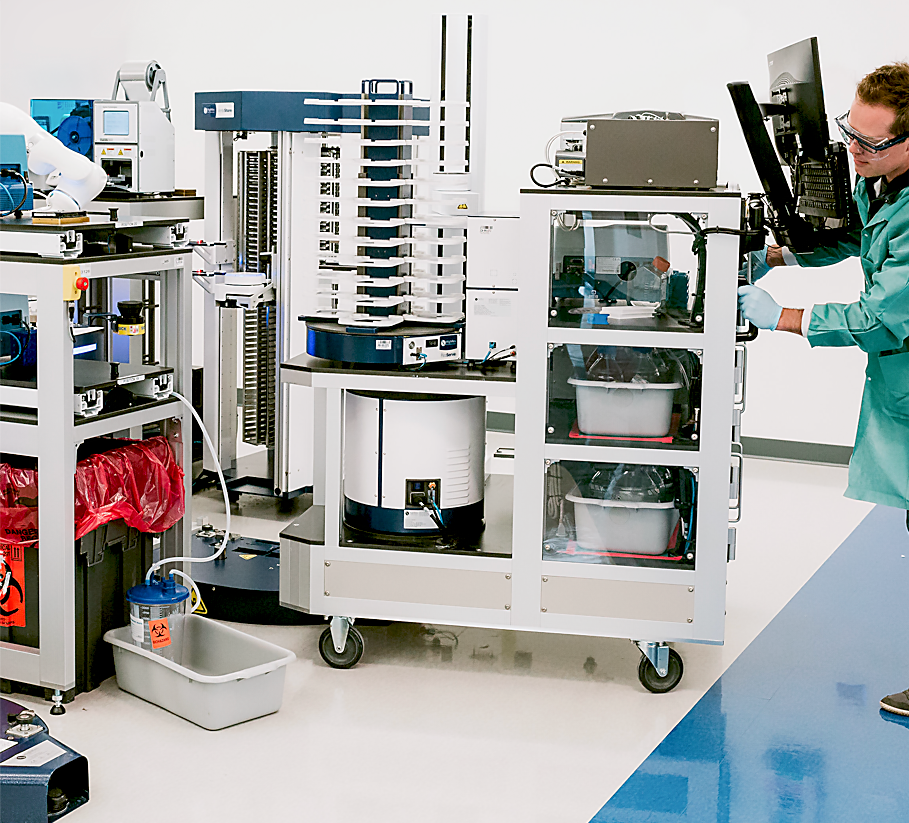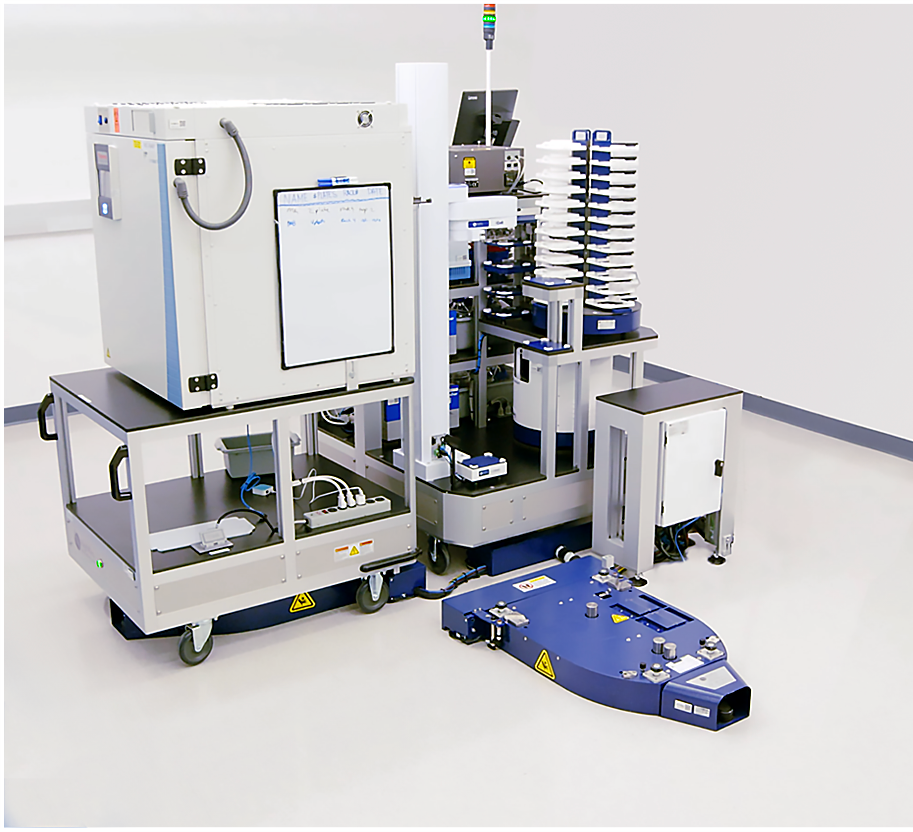Yesterday, Recursion Pharmaceuticals announced that the Food and Drug Administration had cleared their investigational new drug application for a Phase 1 clinical trial in the treatment of cerebral cavernous malformation (CCM). While this is certainly good news for treating this rare genetic disease, it is also an important milestone in the use of machine learning to drive the discovery of new therapies.

It is worth noting that machine learning and artificial intelligence are not the same thing, although often confused in public discourse about the technologies. Machine learning is a subset of artificial intelligence that essentially automates statistical methods of data analysis to create inferences and predictions more efficiently and expediently than a human could. However, unlike artificial intelligence, machine learning typically does not get smarter in its methods as it does more work. Algorithms that have iterative feedback loops to improve their efficacy extend to the real of artificial intelligence, which Recursion currently uses, but was not part of the CCM therapy discovery process.
Because drug discovery is an experimentally heavy process that can generate massive amounts of data, it is an area with high potential for both AI and machine learning (see this presentation from BenevolentAI for more information.) Recursion’s success in getting FDA clearance to go to clinical trials on their CCM treatment is a strong sign of what’s to come – increasingly powerful analytical engines able to sort through massive amounts of data to find new therapies previously unidentified. Recursion is not alone in the quest to harness the power of new technologies. Both large pharma and startups like Insitro are also pressing ahead to bring machine learning to the discovery process. Not to be left out, as noted in this thorough piece in Drug Discovery Today, deep learning is also being tapped in the quest for novel drugs.
As the power of artificial intelligence and machine learning continues to develop, robotics and automation will necessarily proliferate. Data analysis requires data generation, and capture. The better the world gets at analyzing complex data sets, the more demand there will be for cost effectively generating new data. Moreover, intelligent algorithms will have the power to provide closed loop feedback in experimental methods, meaning using the data generated by an experiment to influence the design of the next experiment, potentially in real time. This type of close loop feedback gets maximized in robotic systems where the outputs of the analysis can be fed back automatically through the software controlling the automation and experiment steps.
It’s an exciting time in both robotics and AI/machine learning, and the combination of developing technologies bodes well for the future of drug discovery, as shown by the Recursion announcement!


